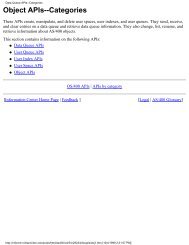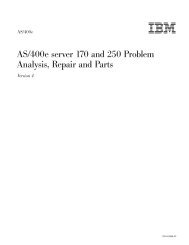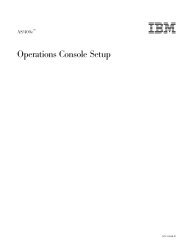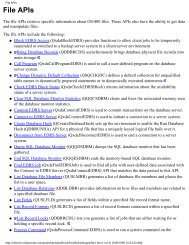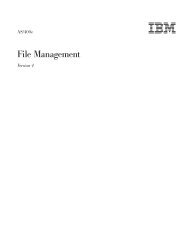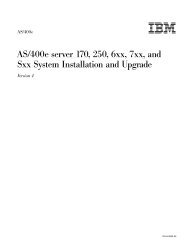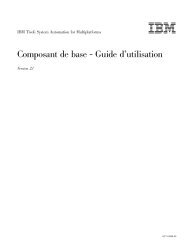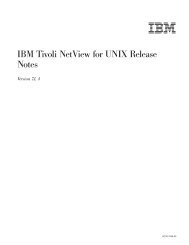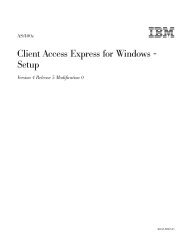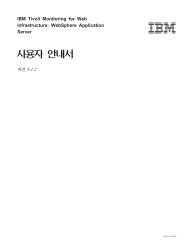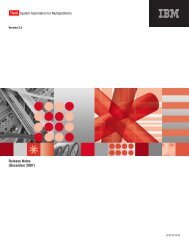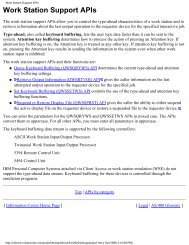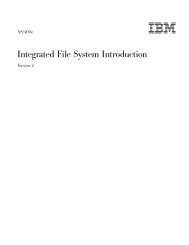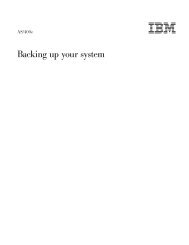Qshell Interpreter (qsh) - FTP Directory Listing - IBM
Qshell Interpreter (qsh) - FTP Directory Listing - IBM
Qshell Interpreter (qsh) - FTP Directory Listing - IBM
You also want an ePaper? Increase the reach of your titles
YUMPU automatically turns print PDFs into web optimized ePapers that Google loves.
Options<br />
Extended Description<br />
Exit Status<br />
-H If the -R option is specified, symbolic links on the command line are<br />
followed. Symbolic links encountered in the tree traversal are not followed.<br />
-L If the -R option is specified, symbolic links are followed.<br />
-P If the -R option is specified, no symbolic links are followed.<br />
-R If source_file designates a directory, cp copies the directory and the entire<br />
subtree connected at that point. This option also causes symbolic links to<br />
be copied, instead of the file pointed to by symbolic link, and for cp to<br />
create special files rather than copying them as normal files. Created<br />
directories have the same mode as the corresponding source directory,<br />
unmodified by the file creation mask.<br />
-f For each existing destination pathname, remove it and create a new file,<br />
without prompting for confirmation regardless of its permissions. The -i<br />
option is ignored if the -f option is specified.<br />
-i Causes cp to write a prompt to the standard error output before copying a<br />
file that would overwrite an existing file. If the response from the standard<br />
input begins with the character Y, the file copy is attempted.<br />
-p Causes cp to preserve in the copy as many of the modification time,<br />
access time, file flags, file mode, user ID, and group ID as allowed by<br />
permissions.<br />
If the user ID and group ID cannot be preserved, no error message is<br />
displayed and the exit value is not altered.<br />
Note: This option is not valid when copying to the QSYS.LIB file system.<br />
-r Same as -R except this option copies special files in the same manner as<br />
regular files. The -R flag is preferred to the -r flag.<br />
For each destination file that already exists, its contents are overwritten if<br />
permissions allow, but its mode, user ID, and group ID are unchanged.<br />
In the second synopsis form, target_directory must exist unless there is only one<br />
named source_file which is a directory and the -R flag is specified.<br />
If the destination file does not exist, the mode of the source_file is used as modified<br />
by the file creation mask.<br />
Appropriate permissions are required for file creation or overwriting.<br />
Symbolic links are always followed unless the -R flag is set, in which case symbolic<br />
links are not followed, by default. The -H or -L flags (in conjunction with the -R flag)<br />
cause symbolic links to be followed as described above. The -H, -L and -P options<br />
are ignored unless the -R option is specified. In addition, these options override<br />
each other and the command’s actions are determined by the last one specified.<br />
v 0 on success<br />
v >0 if an error occurred.<br />
Chapter 4. Utilities 51



